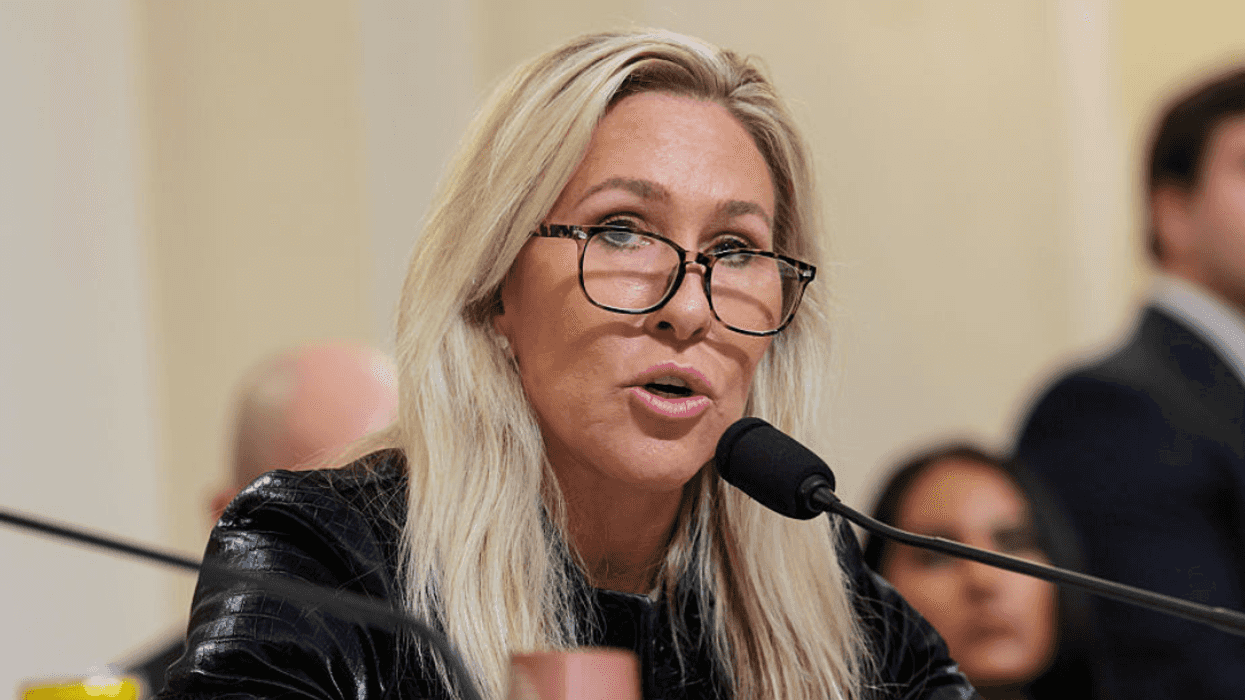Democrat Conor Lamb is poised to win the special-election contest in Pennsylvania’s 18th Congressional District against Republican Representative Rick Saccone tomorrow, according to the latest poll from Monmouth University. The poll found that Pennsylvania voters "are divided on whether recently announced steel tariffs will help or hurt the local economy, but very few say this policy will influence their vote in Tuesday’s election to fill the open House seat."
Monmouth presented three different turnout models––and Lamb, they note, is set to beat Saccone in all of them:
Lamb holds a 51% to 45% lead over Saccone if turnout yields a Democratic surge similar to voting patterns seen in other special elections over the past year. Another 1% opt for a third party candidate and 3% are undecided. Lamb also has the edge using a historical midterm lower turnout model, albeit by a much smaller 49% to 47% margin. A model with higher turnout overall, similar to a presidential electorate, gives Lamb a 51% to 44% advantage. This marks a turnaround from last month’s Monmouth poll of the race, when Saccone held a small lead in all the models – 49% to 46% in the surge model, 48% to 44% in the high turnout model, and 50% to 45% in the low turnout model.
“This district has voted overwhelmingly Republican in recent elections, but a large number of these voters have blue-collar Democratic roots. Lamb seems to have connected with them,” said Patrick Murray, director of the independent Monmouth University Polling Institute.
Lamb enjoys a net positive 53 percent approval rating, with only 33 percent of likely voters rating him unfavorably. Opinion "is somewhat more divided on Saccone," Monmouth notes, with 47 percent of likely voters rating him favorably and 43 percent of likely voters rating him unfavorably. 95 percent of self-identified Democrats support Lamb, while 5 percent of this group support Saccone. On the self-identified Republican front, 88 percent support Saccone, while 9 percent support Lamb. Independents "prefer Lamb by a 51% to 45% margin," the survey found.
President Donald Trump's proposed tariffs on aluminum and steel have proven a contentious issue in this area of the Rust Belt, which Trump won handily in 2016. Congressional Republicans have shared fears that Trumpian backlash could affect their chances of maintaining their majority in this year’s midterm elections.
“Voters are divided on the potential impact of tariffs. It doesn’t seem that the president’s gambit paid off in this race if that was his intent. But the poll was largely conducted before Trump’s rally Saturday night and we don’t have a clear picture of what impact that might hold. A Saccone victory is still well within the poll’s margin of error, especially if a Democratic surge does not materialize in the Pittsburgh suburbs,” said Murray.
As Monmouth posits:
It’s not clear whether Donald Trump’s decision to impose tariffs on foreign steel is doing much to help Saccone’s chances, although most of the interviews for this poll were conducted prior to Saturday night’s presidential rally. Just 3% of likely voters say they moved toward supporting Saccone in the past week because of the tariffs, while 1% say they moved toward voting for Lamb. Fully 96% of likely voters, though, report that the tariff announcement did nothing to change their vote in this race. A bare plurality of likely PA18 voters say that the tariffs will help (43%) the local area’s economy, but a sizable number (36%) feel these tariffs will actually hurt the region. Another 8% say the tariffs will have no impact and 13% are not sure what the impact will be.
The survey's participants were equally divided on the president's overall job performance, with 49 percent approving and 49 percent disapproving. "Last month, Trump earned a slightly positive 51% approve and 47% disapprove rating," the survey notes. "Voters who approve of Trump are somewhat more likely to support the Democrat Lamb (7% to 90% for Saccone) than voters who disapprove of Trump are to support the Republican Saccone (2% to 96% for Lamb)."
The district's electorate is also split over which party they prefer to see in control of Congress, with 42 percent saying they'd prefer the Democrats and 42 percent saying they'd prefer the Republicans. The GOP held a slight edge––43 percent to 40 percent––in last month's survey. According to the survey, "likely voters in PA18 give similarly negative ratings to the Republican Party (44% favorable and 48% unfavorable) and the Democratic Party (44% favorable and 47% unfavorable)."
When added to a potential Democratic surge that has been building for weeks, Lamb appears to have picked off enough Republican-leaning voters to take a lead going into this contest’s final weekend. It would mark an extraordinary swing from Trump’s nearly 20 point victory here in 2016 if he could hold on to win,” said Murray.
The survey was conducted by telephone from March 8 to 11, 2018 with 503 registered voters in Pennsylvania’s 18th Congressional District. Monmouth based these results on the responses of 372 likely voters for Tuesday’s special election and have a margin of error of +/- 5.1 percent.
Earlier this month, Second Nexus reported on the results of an Emerson College poll conducted from March 1 to 3:
Lamb has a slim lead, enjoying an approval rating of 48 percent to Saccone’s 45 percent, in a sign that Pennsylvania’s special election could see a Democrat upset. Pennsylvania’s 18th District Special Congressional election has “garnered a lot of voting excitement,” the survey notes. 56 percent of those polled say they’re “very excited to vote,” while only 7 percent said they’re “not very excited at all."
New district maps will be implemented in time for the 2018 primary to be held in May, per a Pennsylvania Supreme Court ruling which found that gerrymandered districts “clearly, plainly and palpably violates the Constitution of the Commonwealth of Pennsylvania.” The court noted that “if the governor accepts the General Assembly’s congressional districting plan, it shall be submitted to this court on or before February 15…If no plan is submitted, that court would adopt a plan based on the evidentiary record developed in the Commonwealth Court.”
Naturally, Emerson College asked voters about this issue as well: 37 percent of those surveyed said the recently redrawn Congressional maps favor Democrats, while 11 percent said they favor Republicans. 31 percent of those surveyed said they believe the maps are fair to both parties.
Lamb’s success comes despite attempts by the Republican opposition to House Democratic Leader Nancy Pelosi, who is a widely unpopular figure across the country. The pro-GOP Congressional Leadership Fund referred to Lamb and Pelosi as “too liberal” and criticized Lamb for opposing President Trump’s tax plan.
Lamb responded with an ad in which he distanced himself from Pelosi: “My opponent wants you to believe that the biggest issue in this campaign is Nancy Pelosi. It’s all a big lie. I’ve already said on the front page of the newspaper that I don’t support Nancy Pelosi. The real issues are the ones that affect your lives.”
Many critics have suggested that the president tied his decision on new tariffs on steel and aluminum imports to a campaign rally he had scheduled for March 10, three days before the special election.
But Pennsylvania’s steel region appears divided on the president’s proposal. Pennsylvania Republican Congressman Ryan Costello explained how the proposed tariffs could affect his district in an interview last weekend with NPR:
It does remain to be seen what the actual policy is. This is – this could – may at the moment be similar to withdrawal of the Paris accord – right? – which pleased his supporters but has not yet happened. So it remains to be seen formally what steps are taken. The concern, though, is the unpredictability and the market uncertainty associated with what European Union and WTO nations will do as retaliation. They can be very, very sophisticated in terms of the types of industries, even the types of states or constituencies that they might like to send a message to with tariffs on us. The other element here that’s deeply concerning is the president’s very simplistic notion that trade wars are good, that we will win them, that it’s easy and that if they don’t come to play, then we just won’t ship anything to them. Well, then that country is going to go somewhere else, and it means that our main domestic manufacturing could suffer as a result. So there’s a lot more at play here, and it’s not a simplistic, we’re going to put tariffs down, and that’s going to solve all the problems. It’s likely to create some problems as well.
In a characteristically off the cuff speech at the scheduled rally, which took place in Moon Township, Pennsylvania over the weekend, the president urged voters to cast their ballots for Saccone, and referred to Conor Lamb as "Lamb the sham."
"He's trying to act like a Republican," Trump also said of Lamb, "He won't give me one vote."
Lamb, for his part, did not address the president's attacks. Instead, with less than 60 hours until polls open in the state, he reminded his supporters to head straight to the polls.
"Let's win this," he wrote.


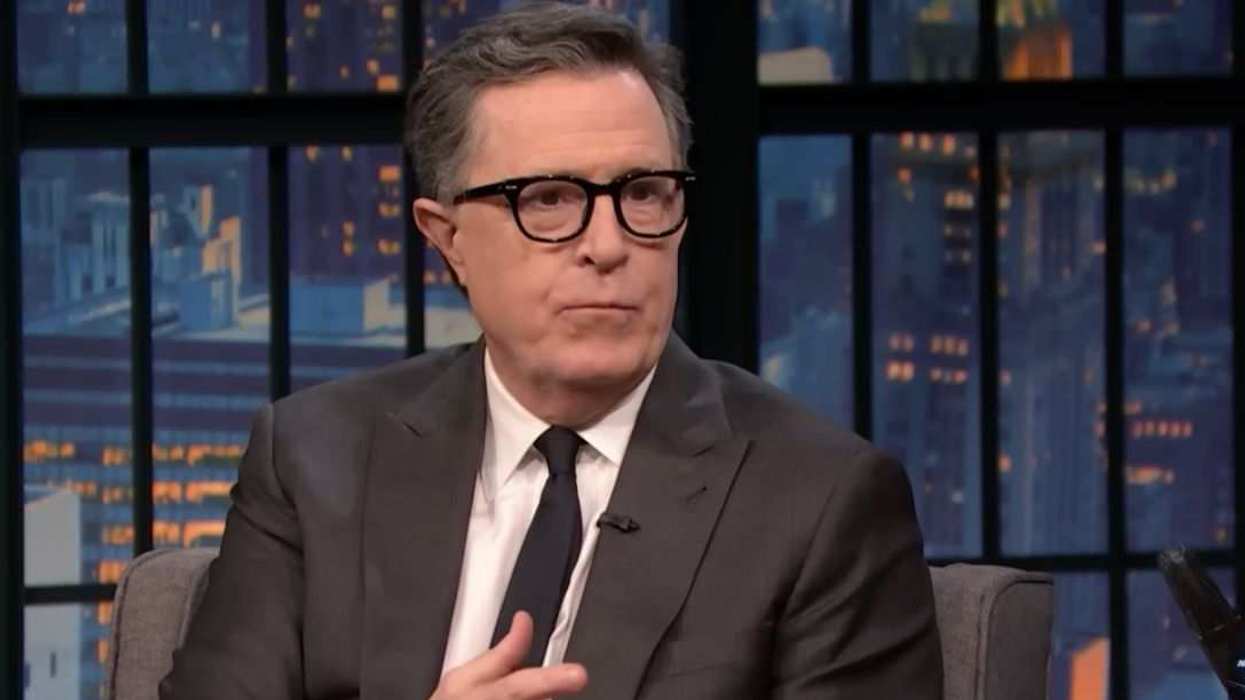

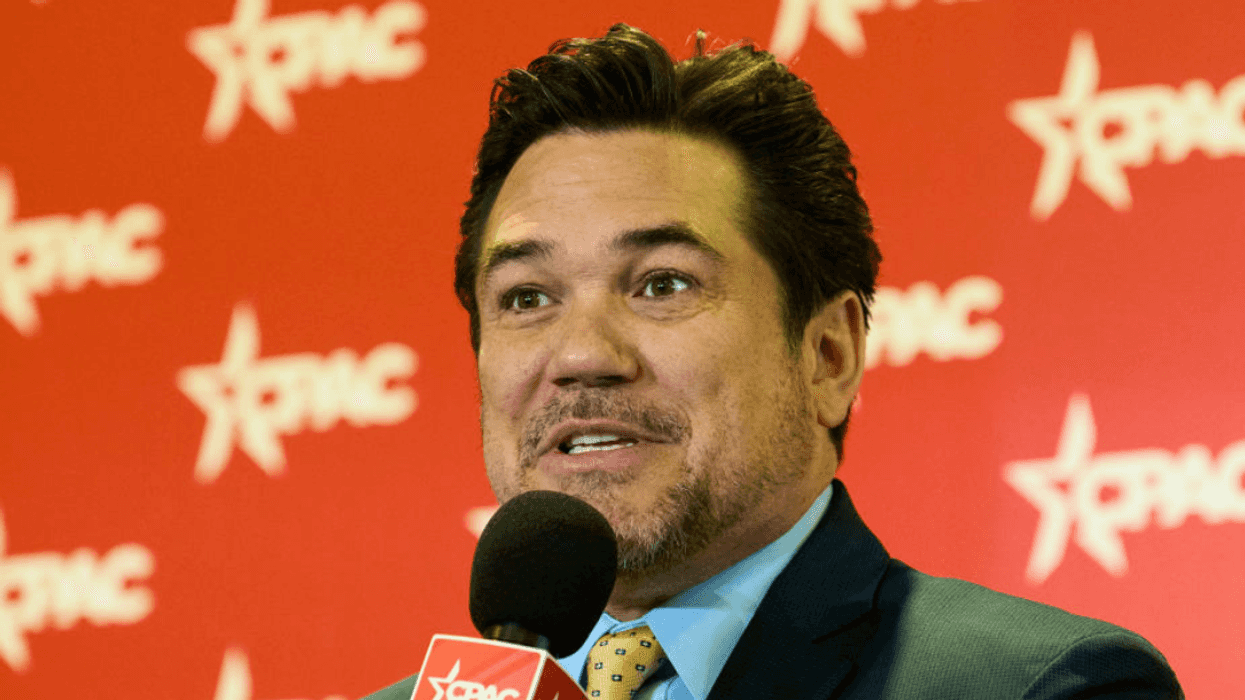








 @adriennecurry/Instagram
@adriennecurry/Instagram @adriennecurry/Instagram
@adriennecurry/Instagram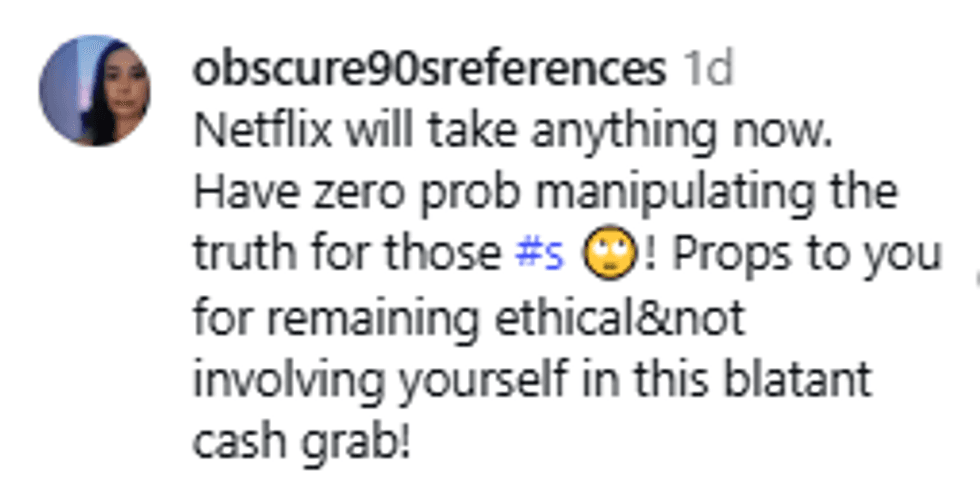 @adriennecurry/Instagram
@adriennecurry/Instagram @adriennecurry/Instagram
@adriennecurry/Instagram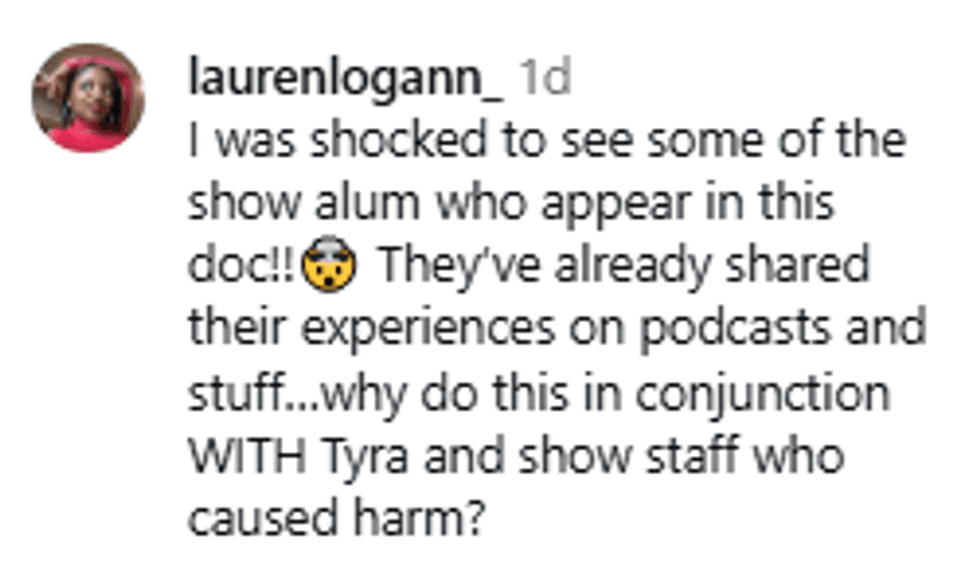 @adriennecurry/Instagram
@adriennecurry/Instagram @adriennecurry/Instagram
@adriennecurry/Instagram @adriennecurry/Instagram
@adriennecurry/Instagram @adriennecurry/Instagram
@adriennecurry/Instagram @adriennecurry/Instagram
@adriennecurry/Instagram @adriennecurry/Instagram
@adriennecurry/Instagram @adriennecurry/Instagram
@adriennecurry/Instagram @adriennecurry/Instagram
@adriennecurry/Instagram @adriennecurry/Instagram
@adriennecurry/Instagram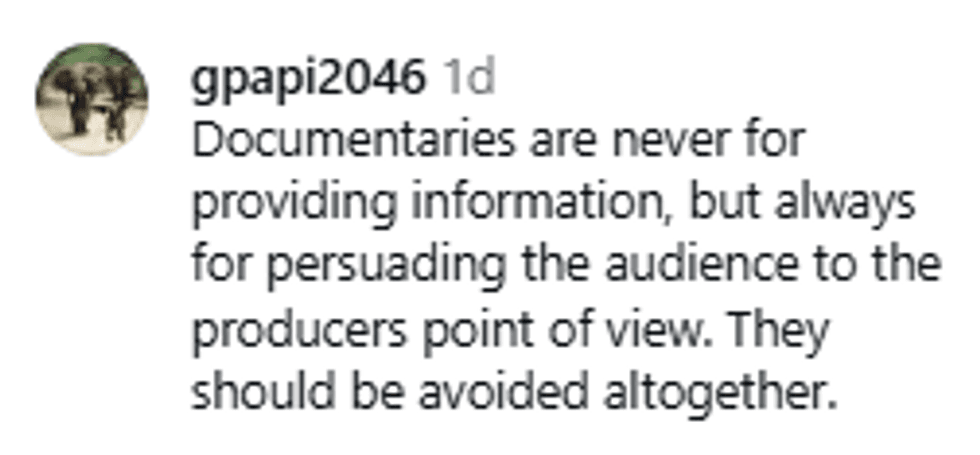 @adriennecurry/Instagram
@adriennecurry/Instagram @adriennecurry/Instagram
@adriennecurry/Instagram @adriennecurry/Instagram
@adriennecurry/Instagram @adriennecurry/Instagram
@adriennecurry/Instagram @adriennecurry/Instagram
@adriennecurry/Instagram @adriennecurry/Instagram
@adriennecurry/Instagram

